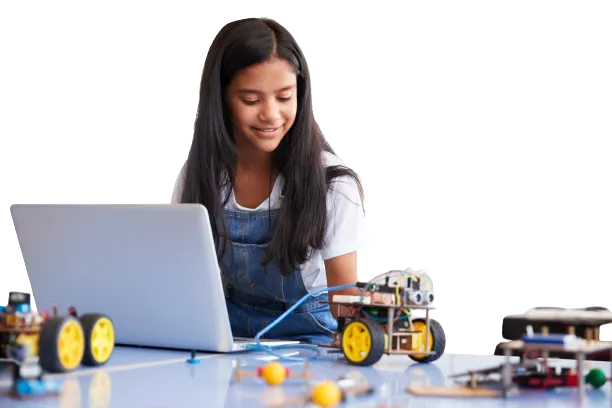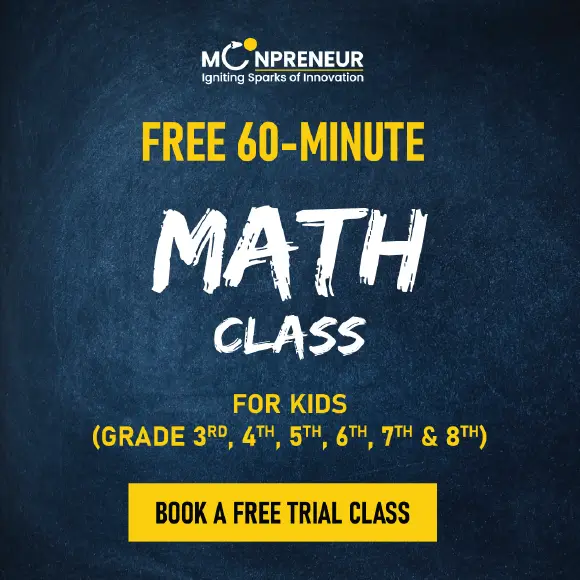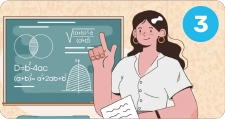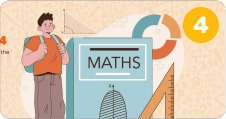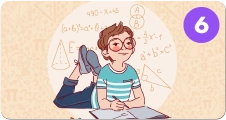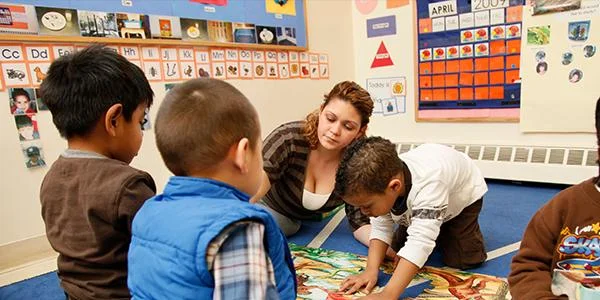
Many kids find mathematics a tricky subject. But sometimes, lack of attention and support at school or home makes it difficult for kids to master math skills and build up confidence. If they need to understand the basics of math early, it can be easier for them to learn more advanced math later.
Studies state that students’ attention spans drop to a minimum of 0% after every 15-20 minutes.
Paying attention means being able to concentrate on something without getting distracted. When kids get personal attention, they become better at solving math problems, not only in math but overall, because they can focus on what they’re learning and practice it carefully.
IMPORTANCE OF PERSONAL ATTENTION FOR KIDS
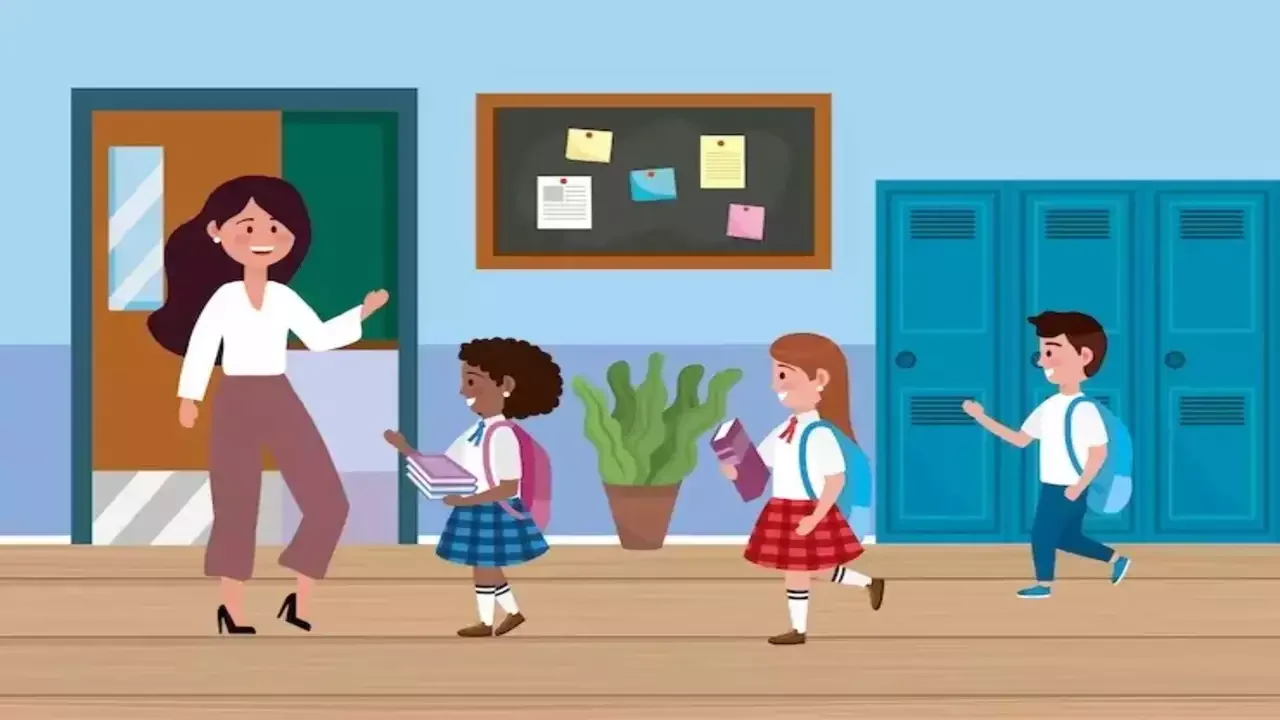
Personal attention to each child creates a good bond between a student facing challenges in learning and a teacher. With the help of individual attention, teachers can identify the problems of students where there are gaps and help them understand and nurture them with proper guidance. It also helps kids in the following ways:
a. For Emotional Development
Personal attention improves emotional stability and flexibility in children by providing them with a sense of security and belonging.
b. Promotes Learning at the Individual Level
It allows the customization of educational content as per the specific needs of each child. This enhances their learning and eventually improves their academic performance.
c. Bridging the gap by Building Trust
Personal attention strengthens the bond of trust between adults and children, laying the groundwork for open communication. Trust facilitates addressing concerns, solving problems, and nurturing positive relationships.
d. Behavioral Guidance
Personal attention is beneficial for educators and caregivers because it allows them to recognize the child’s behavior and effectively address learning styles, strengths, and weaknesses.
e. Identifying Challenges and Fixing Them
Close observation and interaction with children help adults identify potential challenges or developmental delays early.
CONSEQUENCES OF A LACK OF PERSONAL ATTENTION IN SCHOOL

Let’s consider an example: Imagine a student who learns best through visual aids and hands-on activities. In a classroom, the teacher may primarily use lectures and worksheets, which can be challenging for the students to understand. As a result, the student may struggle to grasp core math concepts, leading to a potential knowledge gap.
By acknowledging these challenges and seeking math help that ensures personal attention to students, you can make sure they understand core math concepts.
Other challenges children face because of lack of personal attention are:
a. Emotional Detachment:
Students may feel emotionally detached from their peers and teachers. This can lead to feelings of isolation, loneliness, and a lack of belonging, ultimately hindering their overall emotional well-being.
b. Academic Struggles:
With guidance and encouragement, students may stay focused on their studies, which can lead to lower grades and decreased academic achievement.
c. Missed Opportunities for Growth:
Personal attention plays a crucial role in identifying and nurturing students’ talents, interests, and strengths.
d. Less Engagement and Participation:
Students who do not receive personal attention may become disengaged from learning and school activities. They may feel they need to be more motivated to participate in class discussions, extracurricular activities, or collaborative projects, leading to a lack of enthusiasm for learning and a diminished overall school experience.
e. Persistent Misconceptions:
Students may develop persistent misconceptions or gaps in their understanding of mathematical concepts.
f. Limited Problem-Solving Abilities:
Personal attention is crucial for fostering critical thinking and problem-solving skills in mathematics. With individualized support, students may be able to apply mathematical principles to real-world situations or solve complex problems independently.
WAYS TO PRACTICE GIVING PERSONAL ATTENTION TO KIDS TO IMPROVE THEIR SKILLS

a. Listen and chat
First things first, talk. Take some time every day to spend with your kids and indulge in a heart-to-heart chat. Ask them about their day, their favorite subjects in school, and yes, even about math. When kids feel like their thoughts and ideas matter, they become more confident learners.
b. Turn every learning opportunity into a game
Who says learning can’t be fun? You must try to make boring math problems into exciting games. Create a treasure hunt where kids solve math puzzles to find hidden treasures or challenge them to a race against the clock to solve math equations. By turning learning into playtime, kids will be eager to dive into the world of numbers!
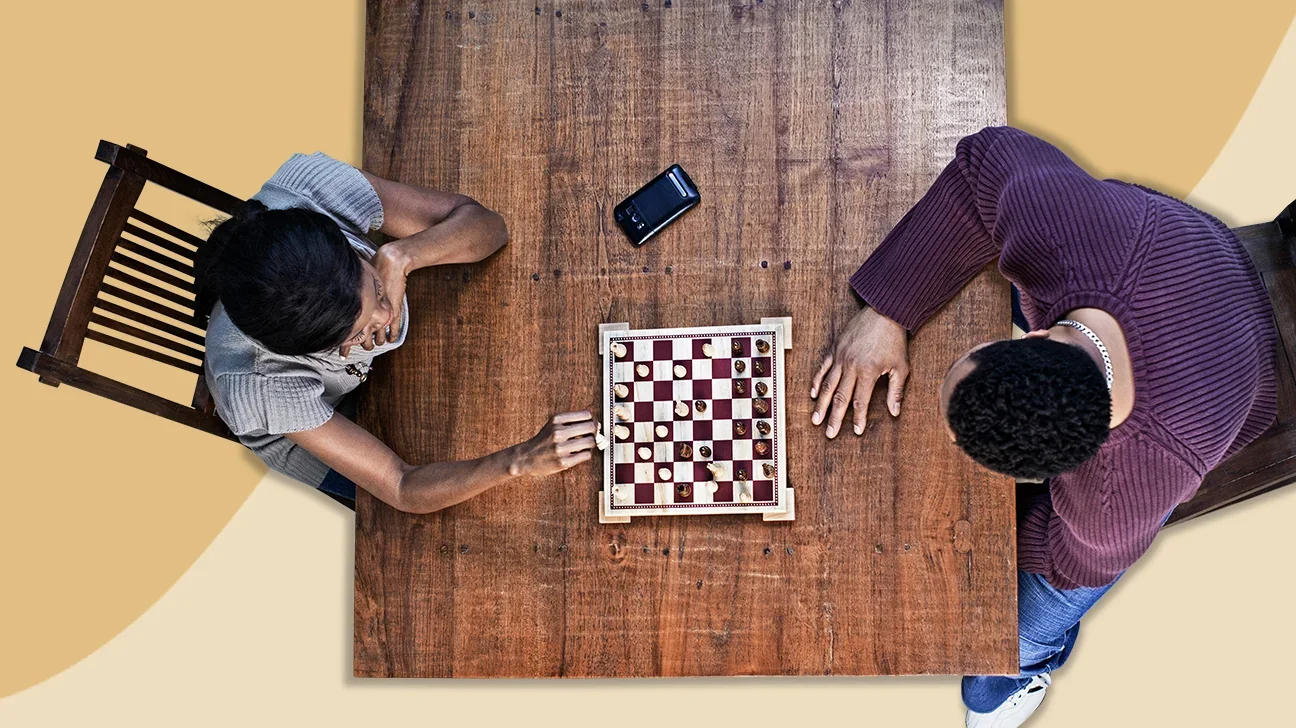

c. Get them crafty with math
Arts and crafts aren’t just for making pretty things; they can also be a fantastic way to practice math skills. From making geometric shapes out of playdough to creating math-themed art projects, combining art with math makes learning an adventure!
d. Explore real-world math together
Math is everywhere, even outside the classroom. Take kids on a math adventure around the neighborhood or during a grocery shopping trip. Ask them to count how many red cars they see or calculate the total cost of items at the store. Connecting math to real-life experiences makes it more relatable and exciting.
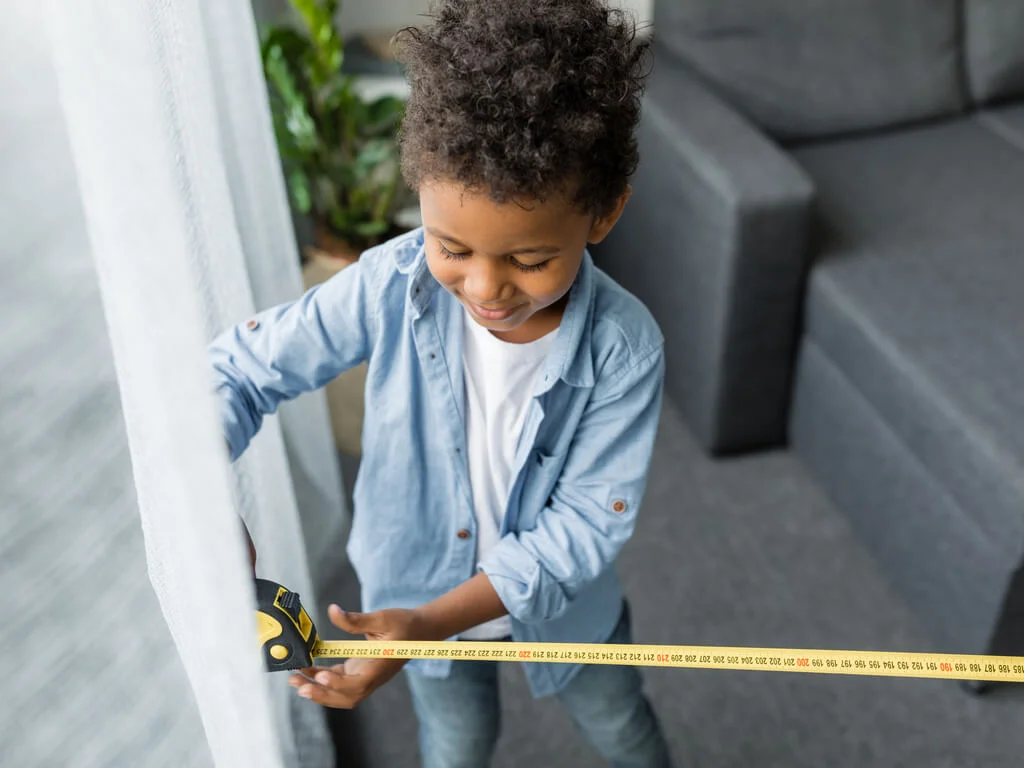

e. Include technology for learning
Let’s bring our tech-savvy side forward. There are tons of educational apps and online platforms designed to make learning math interactive and engaging. Explore math games, puzzles, and tutorials tailored to your child’s skill level. With the right technology, learning math becomes a thrilling journey.
HOW ONLINE MATH TUTORING CAN HELP CHILDREN
Online math tutoring helps kids learn math using a computer or tablet. Kids can talk to a teacher online who will help them understand math better. They can learn at home whenever they have time. The teacher uses fun games and tools to make learning math more enjoyable. This helps kids get better at math and also makes them more brilliant at solving problems and thinking carefully.
Moonpreneur understands the needs and demands this rapidly changing technological world is bringing with it for our kids. Our expert-designed Advanced Math course and Math Quiz for grades 3rd, 4th, 5th, and 6th will help your child develop math skills with hands-on lessons, excite them to learn, and help them build real-life applications.
Register for a free 60-minute Advanced Math Workshop today!

